Mustard Seeds
Muster seeds, commonly known as mustard seeds, are small, round seeds derived from the mustard plant (Brassica juncea). Mustard seeds have been cultivated for centuries and are widely used in various culinary applications and as a source of oil.
₹1,000.00
Muster seeds, commonly known as mustard seeds, are small, round seeds derived from the mustard plant (Brassica juncea). Mustard seeds have been cultivated for centuries and are widely used in various culinary applications and as a source of oil. Here is some detailed information about mustard seeds:
Plant Size and Type: Mustard plants are annual, herbaceous plants that belong to the Brassicaceae family. They typically grow to a height of 2 to 3 feet (60 to 90 cm) and have a bushy appearance. The leaves are broad and lobed, and the plant produces vibrant yellow flowers that eventually give way to pods containing mustard seeds.
Taste and Color: Mustard seeds come in different varieties, including yellow, brown, and black. Each variety has a unique flavor profile:
- Yellow mustard seeds are mild and slightly tangy, commonly used for making yellow mustard condiments.
- Brown mustard seeds have a stronger, spicier flavor with a hint of heat.
- Black mustard seeds are the spiciest of the three, offering a sharp and pungent taste.
Soil Type for Growth: Mustard plants thrive in well-drained soil that is rich in organic matter. They can adapt to a wide range of soil types, including loamy and sandy soils, but prefer a pH level between 6.0 and 7.5.
Regions of Production: Mustard seeds are produced in various regions around the world. Some of the major global producers include Canada, India, Nepal, and the United States. In India, the primary mustard-producing states are Rajasthan, Uttar Pradesh, Madhya Pradesh, and West Bengal.
Maturity Period and Environmental Conditions: The maturity period for mustard plants varies depending on the variety and growing conditions but typically ranges from 80 to 120 days. Mustard plants require cool and temperate climates for optimal growth. They are often grown during the winter season in regions with mild winters.
Physical Properties and Ingredients: Mustard seeds are tiny, spherical seeds that are typically 1-2 millimeters in diameter. They have a hard outer shell that needs to be crushed or ground to release their flavor. Mustard seeds contain various nutrients, including protein, dietary fiber, vitamins (such as B-complex vitamins), and minerals (such as calcium, magnesium, and phosphorus).
Shelf Life After Harvesting and Storage Conditions: Mustard seeds have a relatively long shelf life when stored properly. They can stay fresh for up to one year or more if stored in an airtight container in a cool, dry place away from direct sunlight. Ground mustard powder should also be stored in a similar manner to retain its flavor.
Uses and Consumers: Mustard seeds and their derivatives have a wide range of culinary and non-culinary uses:
1.Culinary Uses:
- Mustard seeds are used to make various types of mustard condiments, including yellow, Dijon, and whole grain mustard.
- Ground mustard powder is a common ingredient in spice blends, marinades, and salad dressings.
- Mustard seeds can be pickled or used to add flavor to a variety of dishes, such as curries, soups, and sauces.
- Mustard oil is extracted from mustard seeds and is used for cooking in many Indian and Southeast Asian cuisines.
2.Non-Culinary Uses:
- Mustard seeds have been used historically for their medicinal properties, including anti-inflammatory and digestive benefits.
- Mustard seed oil is used in traditional medicine and massage therapy.
- Mustard seeds are sometimes employed in herbal remedies and poultices for their warming effects on the body.
In summary, mustard seeds are versatile, flavorful seeds that are widely used in culinary applications and have various non-culinary uses as well. They are produced in multiple regions globally, with India being one of the prominent producers. Mustard seeds come in different varieties, each offering a distinct taste and culinary appeal. When stored correctly, they can maintain their quality for an extended period, making them a valuable addition to the kitchen pantry.

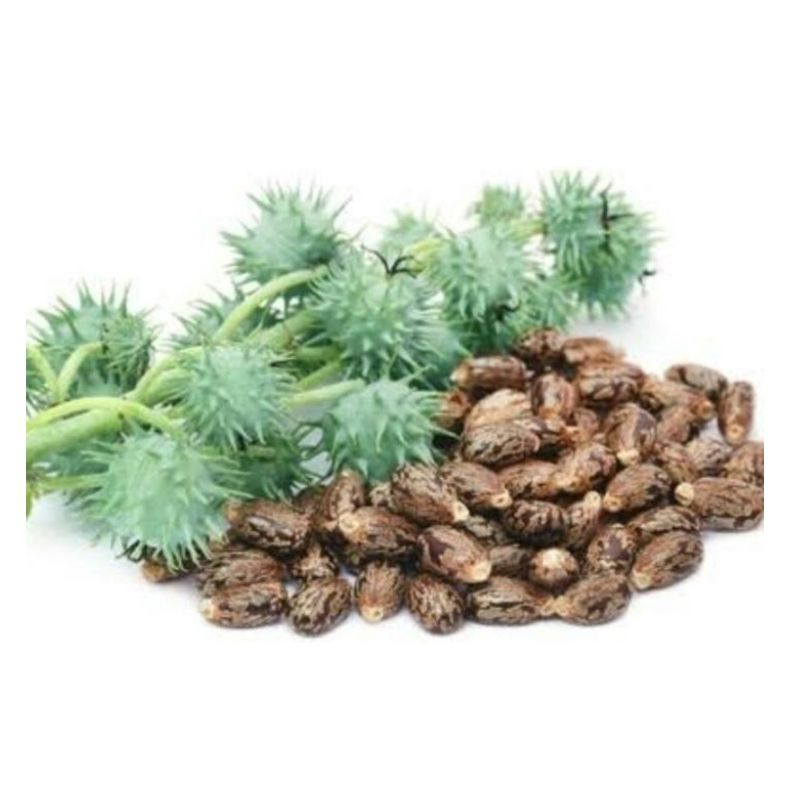
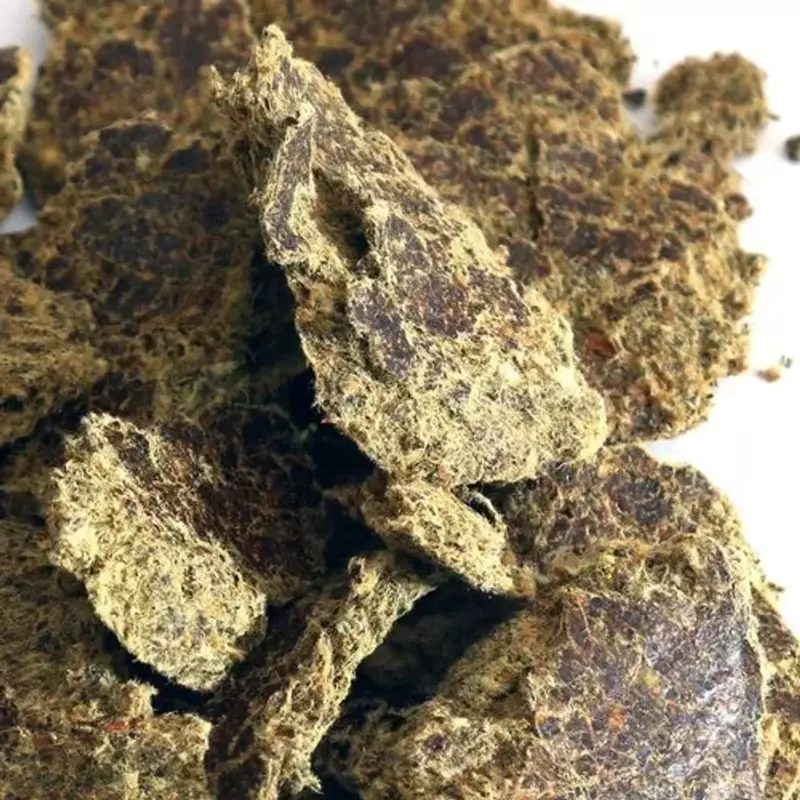
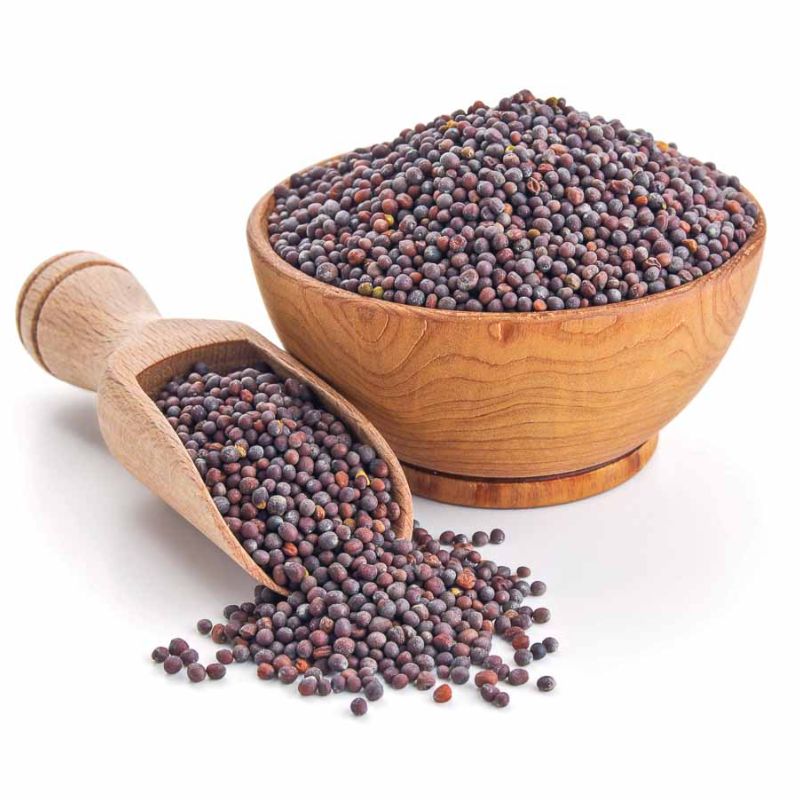
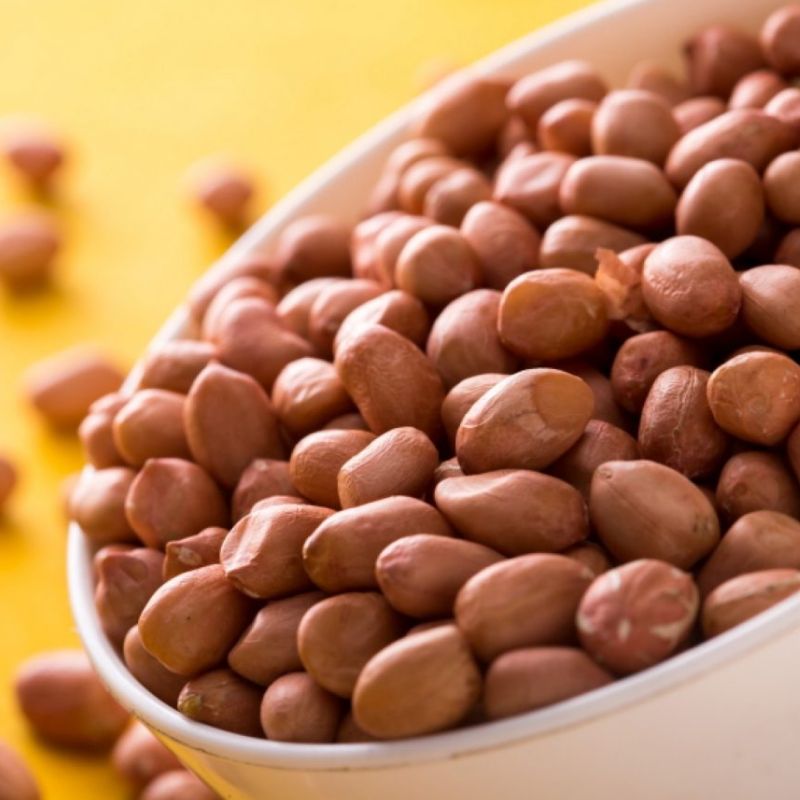

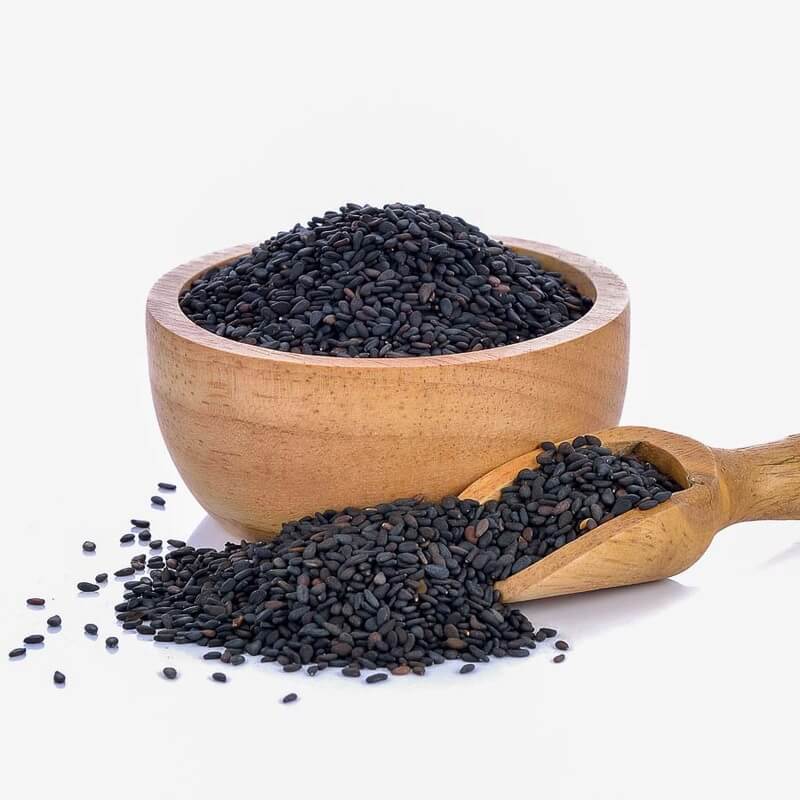
Reviews
There are no reviews yet.